12 Everyday Items You Don’t Need to Buy New Anymore
Making small changes in your daily routine can have a big impact on your budget and the environment. By opting for reusable or long-lasting alternatives to common household items, you can reduce waste and save money in the long run. Whether it’s switching to a reusable water bottle or using cloth napkins instead of paper, these simple changes make a noticeable difference. Start making eco-friendly choices today, and enjoy both the financial benefits and the satisfaction of reducing your environmental footprint.
This post may contain affiliate links, which helps keep this content free. Please read our disclosure for more info.
Cloth Napkins Instead of Paper Towels
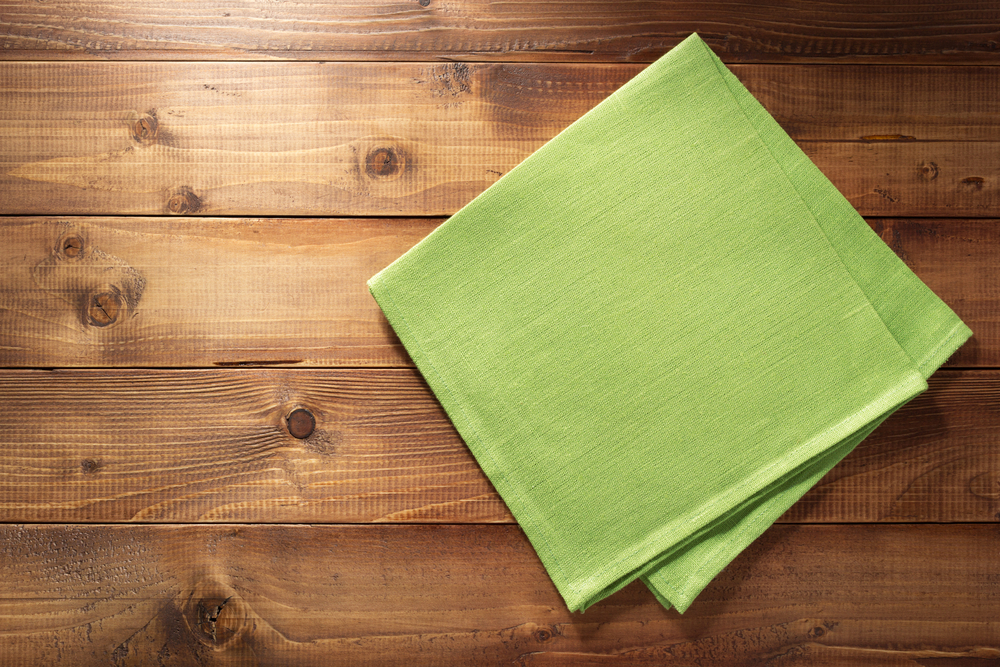
Cloth napkins are an excellent alternative to disposable paper towels. They can be washed and reused multiple times, which means you only need to buy them once, making them more cost-effective in the long run. Unlike paper towels, which are used once and thrown away, cloth napkins significantly reduce waste by being durable and reusable. In fact, many people find that they only need a small stack of cloth napkins to last them through weeks of use.
Switching to cloth napkins also means fewer trees are being cut down to make paper, and less energy is used in the manufacturing process. Whether for cleaning up spills, drying hands, or setting the table, cloth napkins are a great choice. Over time, this simple switch leads to significant savings and a smaller environmental footprint.
Reusable Water Bottles Instead of Bottled Water

Plastic-bottled water is an unnecessary expense and a major contributor to plastic waste. With a reusable water bottle, you can refill it countless times, cutting out the need for buying bottled water. High-quality bottles made from stainless steel or glass can keep your drinks cold or hot for hours, making them a convenient and eco-friendly option for staying hydrated.
The environmental impact of single-use plastic bottles is immense, as they take hundreds of years to decompose. By using a reusable water bottle, you not only save money on constantly purchasing bottled water but also contribute to reducing plastic waste. The initial investment in a good-quality water bottle quickly pays off, and it’s a small, lasting change with big rewards for both your wallet and the planet.
French Press for Coffee Instead of Capsules

Coffee capsules may seem convenient, but they come with significant environmental and financial costs. Each capsule is made of plastic or aluminum, both of which are non-biodegradable and often end up in landfills. In addition, buying capsules regularly adds up in cost over time. A French press, however, allows you to brew fresh coffee using just ground beans, which are more affordable and come without wasteful packaging.
Using a French press is not only more sustainable, but it also gives you control over the strength and flavor of your coffee. Many coffee lovers find the quality and taste superior to what’s offered by capsules. Plus, the French press itself is durable and can last for years with proper care, making it a smart, eco-friendly investment.
Reusable Shopping Bags Instead of Plastic Bags
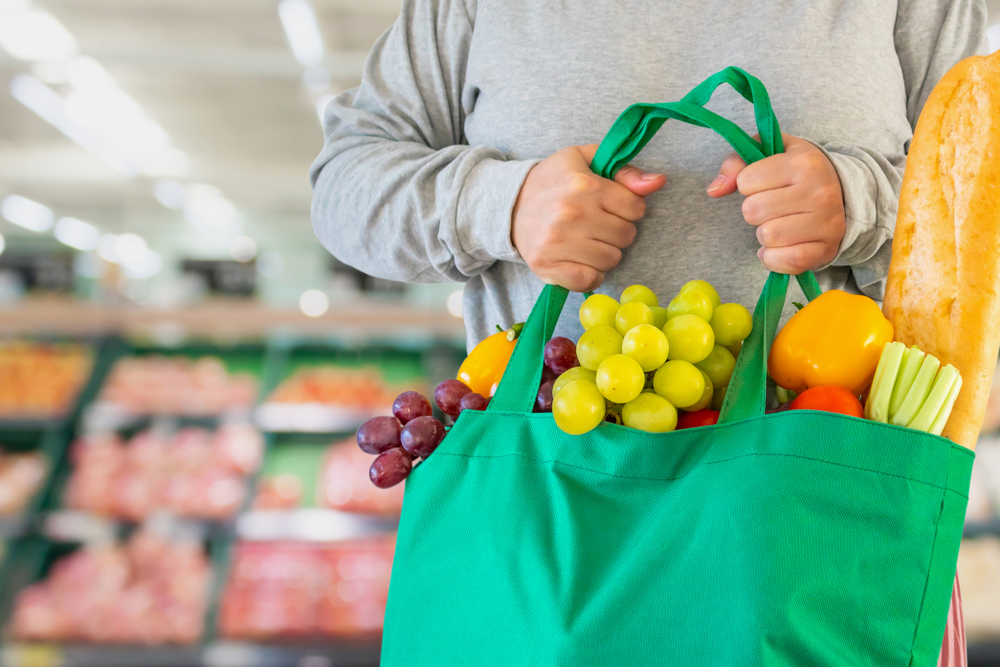
Plastic shopping bags are another item that you don’t need to buy new. They are widely used but quickly become single-use waste, clogging up landfills and polluting the environment. Reusable shopping bags, however, are made from durable materials like cloth or recycled plastic and can be used over and over again. They are not only environmentally friendly but also often sturdier than plastic bags, which means you can carry more without worrying about tearing.
By switching to reusable shopping bags, you can dramatically reduce plastic waste. Most stores even sell reusable bags that fold up compactly, so you can easily carry them with you and remember to use them whenever you go shopping. This simple change can save you money in the long run by eliminating the need for purchasing plastic bags and contributing to a cleaner, healthier environment.
Rechargeable Batteries Instead of Disposable Batteries
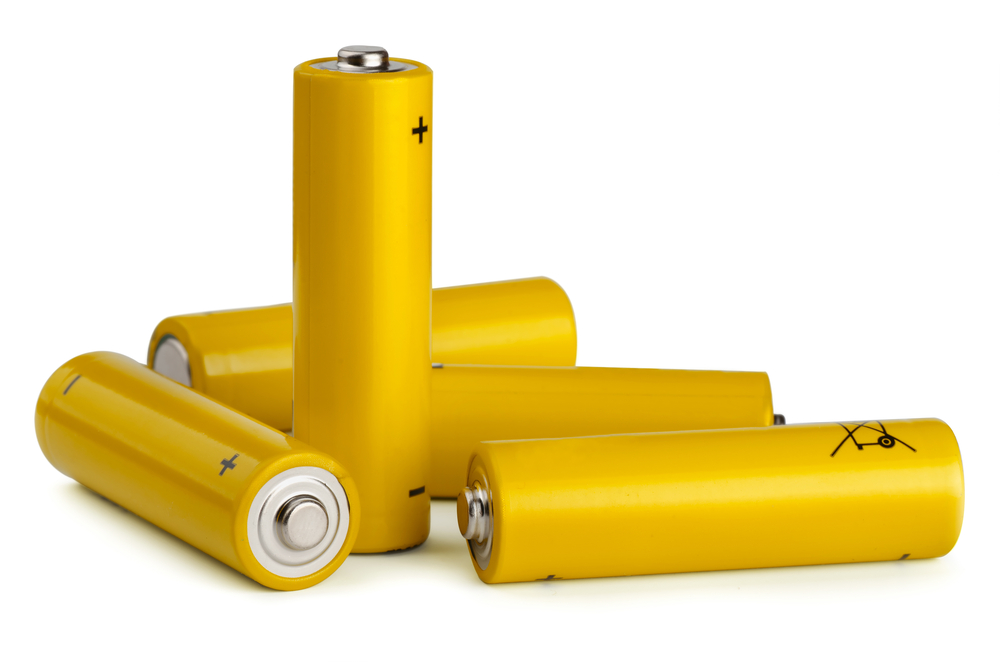
Rechargeable batteries are a fantastic alternative to disposable ones, which often end up in landfills after a single use. While disposable batteries seem inexpensive at first, they add up quickly if you use them frequently. Rechargeable batteries, however, can be reused hundreds of times, saving you both money and reducing the environmental impact. By investing in a good set of rechargeable batteries and a charger, you can make sure your gadgets and devices are powered without the constant need to replace batteries.
Not only do rechargeable batteries save you money over time, but they also help prevent toxic chemicals found in disposable batteries from polluting the environment. Many types of rechargeable batteries, such as lithium-ion and nickel-metal hydride, are now widely available and compatible with a variety of devices, from toys to cameras and remote controls. By making the switch to rechargeables, you’re taking a simple yet effective step toward sustainability.
Electric Razors Instead of Disposable Razors
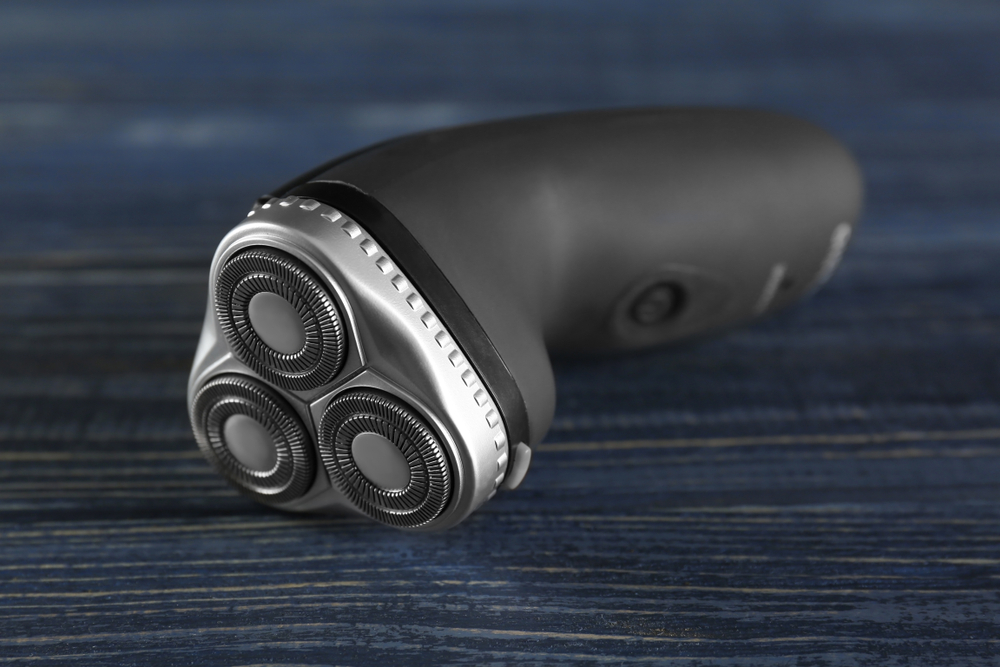
Disposable razors are convenient, but they create a significant amount of waste. Each time you toss out a razor, it contributes to landfills, adding to the growing problem of plastic waste. Electric razors, on the other hand, are reusable and can last for many years with proper maintenance. Once you purchase an electric razor, there is no need for constant replacement, saving you money in the long term.
Electric razors offer a comfortable and efficient shave, and many models are designed for both wet and dry use, offering versatility. Not only do you save money by avoiding frequent trips to buy disposable razors, but you also reduce plastic waste significantly. Investing in an electric razor is a small change that pays off over time, both financially and environmentally.
Cloth Diapers Instead of Disposable Diapers
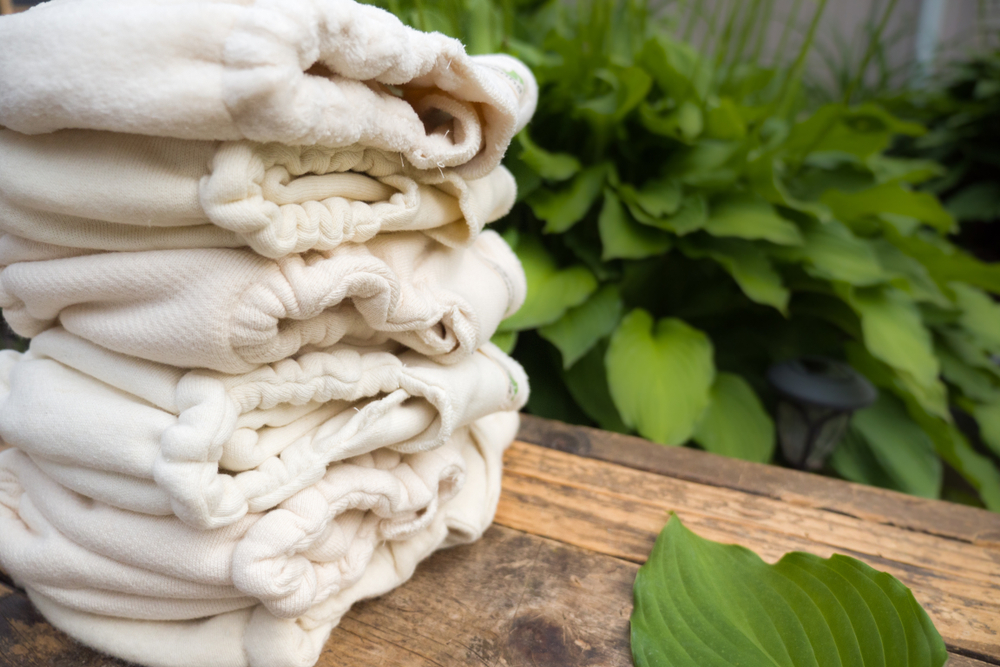
Cloth diapers are often overlooked, but they are a far more sustainable and cost-effective option than disposable diapers. While disposable diapers can take hundreds of years to decompose and contribute to significant waste, cloth diapers can be washed and reused over and over again. The initial investment in cloth diapers can be higher, but the long-term savings are substantial, especially for families with multiple children.
Cloth diapers also come in various designs and materials, allowing parents to choose a style that fits their needs. In addition to being eco-friendly and budget-friendly, cloth diapers are often gentler on babies’ skin, as they do not contain harsh chemicals found in many disposable options. With proper care, cloth diapers can last through multiple children, making them an excellent sustainable choice.
Reusable Food Storage Containers Instead of Plastic Wrap
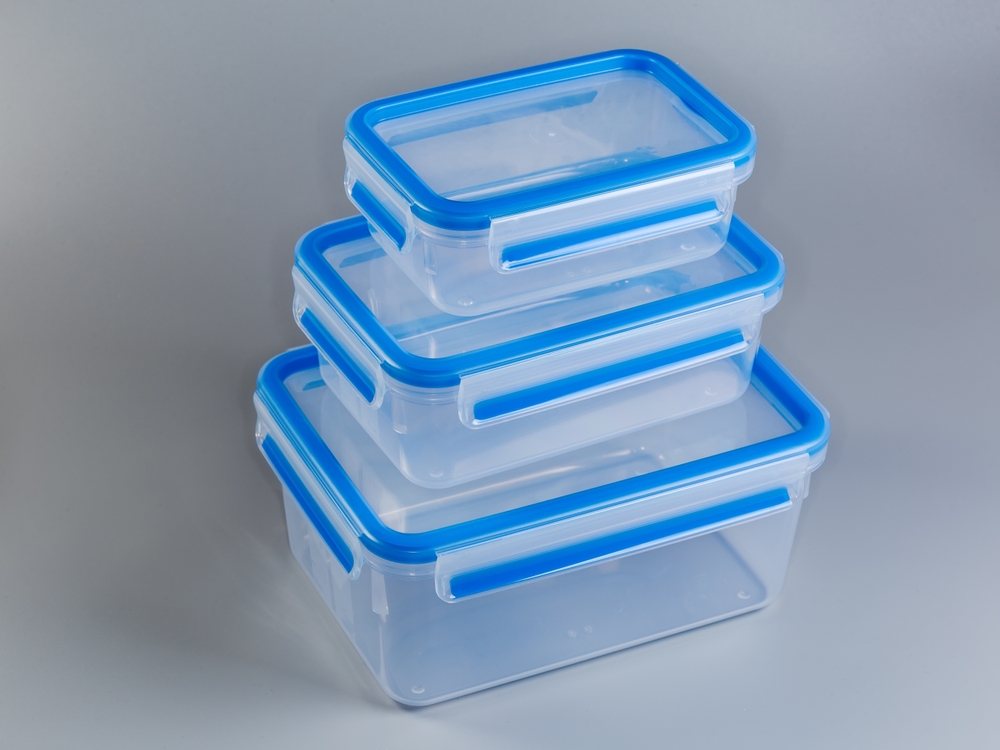
Plastic wrap is a common household item that is used once and then thrown away, contributing to plastic pollution. Reusable food storage containers, on the other hand, can be used over and over again, reducing waste and saving you money. Whether you use glass or plastic containers, they help keep your food fresh without the need for disposable wrapping. Many of these containers are microwave and dishwasher-safe, making them easy to clean and convenient for everyday use.
By switching to reusable containers, you can reduce the amount of plastic wrap and aluminum foil you purchase. Over time, this can lead to significant savings and a decrease in plastic waste. Investing in durable, high-quality containers is a small effort that makes a big difference for both your wallet and the environment.
Digital Books Instead of Paperbacks

With the rise of e-readers, digital books have become a popular alternative to traditional paperbacks. Not only are digital books convenient and portable, but they also eliminate the need for physical storage and production resources like paper, ink, and shipping. E-books are often cheaper than their paperback counterparts, and once you have an e-reader, you can download as many books as you like without worrying about cluttering your home.
By choosing digital books, you reduce the demand for paper products, saving trees and cutting down on transportation costs and emissions. E-books are also more environmentally friendly, as they do not contribute to the waste that paperback books do. For book lovers, this shift provides a more sustainable way to enjoy their favorite stories.
Electric Kettles Instead of Stovetop Kettles
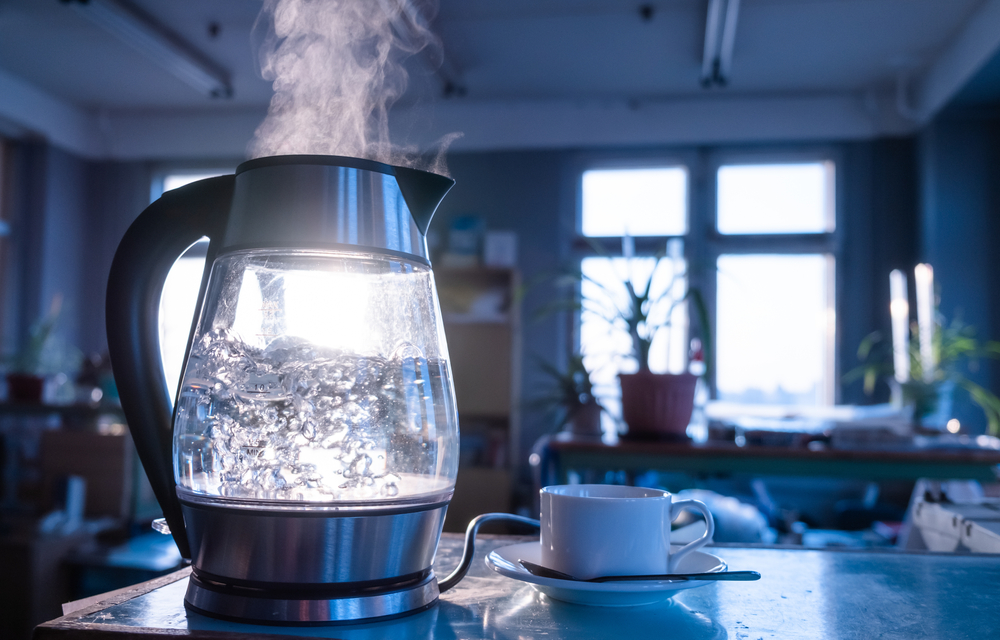
Electric kettles are quicker and more energy-efficient than traditional stovetop kettles. They can bring water to a boil in a fraction of the time, reducing energy consumption. With adjustable temperature settings, electric kettles also allow for more precise heating, which is ideal for different types of tea or coffee. This makes them a more versatile and cost-effective choice for everyday use.
While stovetop kettles often take longer to heat water, electric kettles are much faster and more efficient, using less electricity overall. This results in savings on your energy bills, making the electric kettle a smart, long-term investment. Additionally, most electric kettles have automatic shut-off features, making them safer to use and reducing the risk of overboiling.
Refillable Pens Instead of Disposable Pens
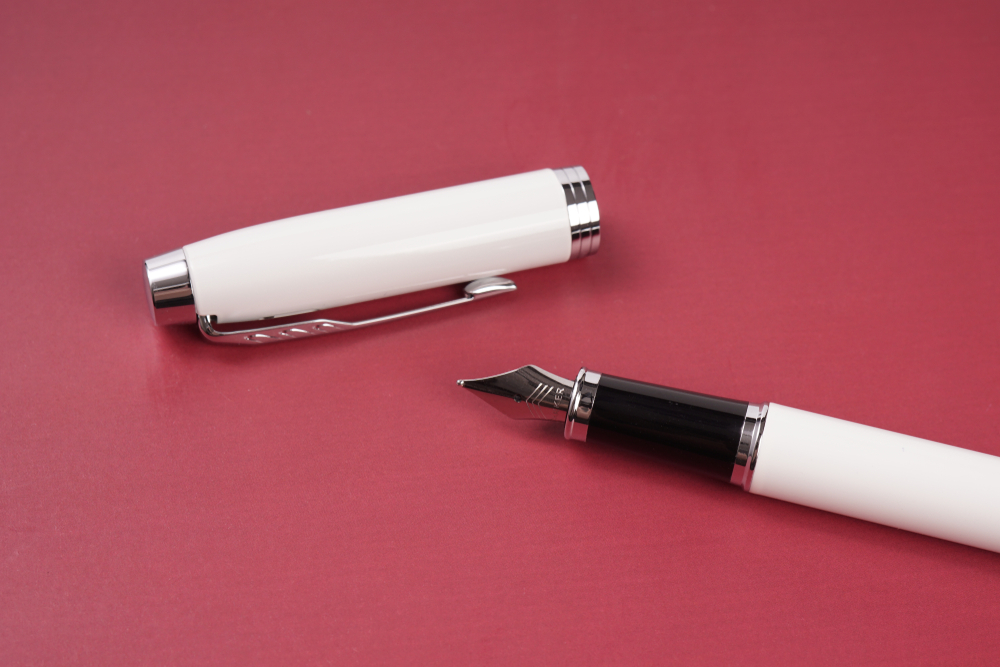
Disposable pens may seem convenient, but they often end up in the trash once the ink runs out, contributing to unnecessary waste. Refillable pens, on the other hand, can be used over and over again by simply replacing the ink cartridge. These pens are often made of higher-quality materials, which means they can last longer than disposable options, and they are available in various styles and designs.
Refillable pens not only reduce waste, but they also save you money over time, as you only need to purchase ink refills instead of a new pen each time. By choosing refillable pens, you reduce the environmental impact of disposable writing instruments while enjoying a better-quality writing experience. This switch is an easy, sustainable choice for those who use pens regularly.
Rechargeable Flashlights Instead of Disposable Flashlights
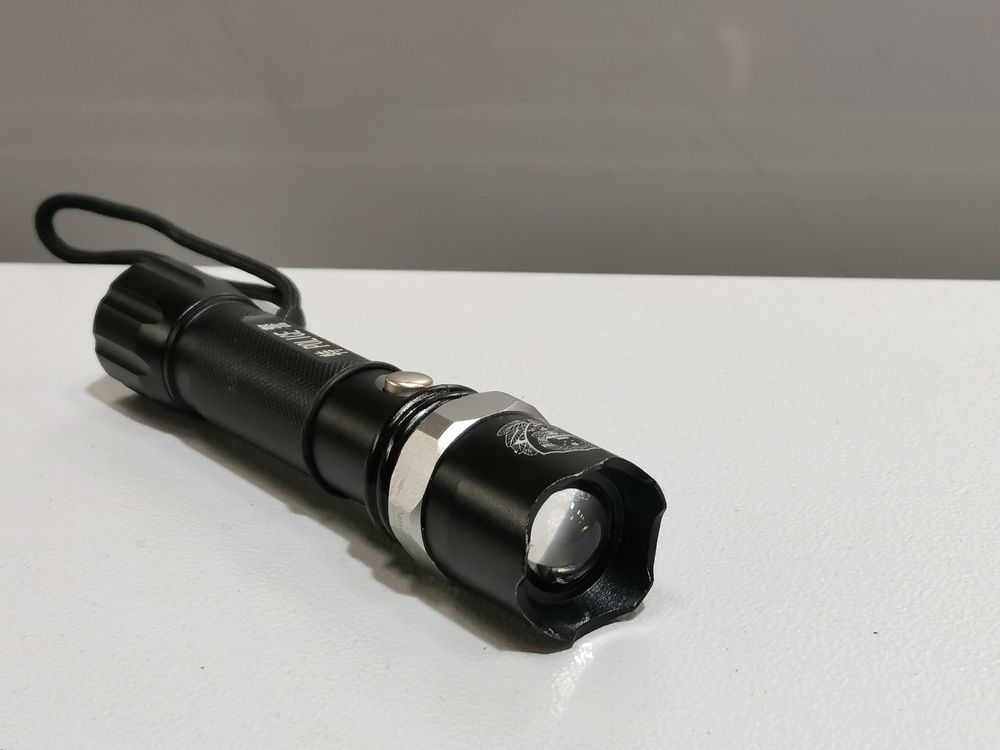
Disposable flashlights, typically powered by non-rechargeable batteries, end up in the trash once their batteries die. On the other hand, rechargeable flashlights provide a more eco-friendly and cost-effective solution. They can be charged and used repeatedly, saving you money on batteries and reducing waste. Many rechargeable flashlights come with long-lasting LED bulbs, which further extend their usability and efficiency.
By opting for a rechargeable flashlight, you can avoid constantly purchasing new batteries and reduce the number of disposable flashlights that end up in landfills. They are often more durable and perform better, making them a reliable choice for emergencies or regular use. A rechargeable flashlight is a small investment that not only saves money but also reduces your environmental footprint.
This article originally appeared on Avocadu.
